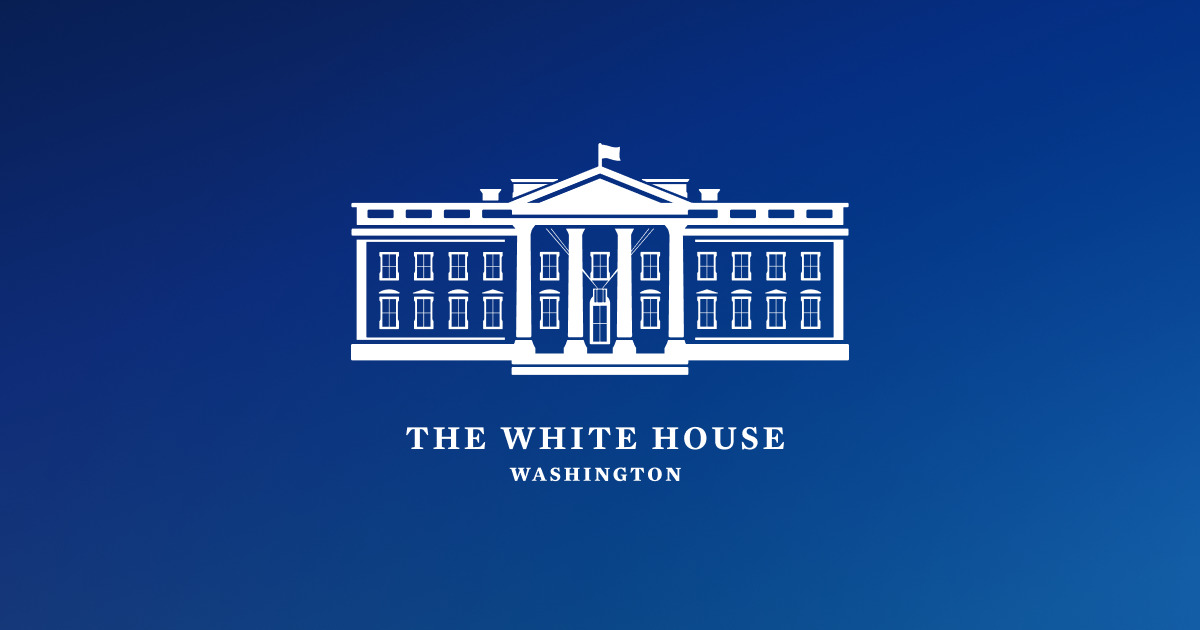Indonesian Finance Minister Sri Mulyani Indrawati delivers a speech during the opening of the Group of 20 Finance Ministers and Central Bank Governors meeting in Nusa Dua on the Indonesian resort island of Bali on July 15, 2022.
Senegalese Economy Minister Amadou Hott has called on the global food industry not to boycott trade in Russian and Ukrainian food products as the food crisis rages in vulnerable countries.
Speaking at a meeting of Group of 20 finance leaders in Bali last week, Hott said that without an immediate solution, the crisis – which includes both food shortages and high prices – would kill more people “than during covid.”
As a result of the war, many countries, such as the United States and European Union countries, sanctioned the use or trade of Russian goods. While essential assets such as food and fertilizer are exempt from these sanctions, those in the food sector are preemptively avoiding these transactions to protect themselves, Hott added.
“We are aware that food and fertilizers are exempt from sanctions. However, market participants, whether traders, banks or insurance companies, are reluctant to cooperate if products come from certain locations for fear of sanctions. in the future,” he said.
“Is it possible to say that whenever you buy fertilizers, food from Russia or Ukraine or anywhere in the world, there will be no sanctions today, not tomorrow … so that we can stabilize the market?”
“We are not responsible for this crisis, but [Africa] is suffering.”
Food security and rising food prices dominated discussions at the G-20 meeting last week, as disruptions caused by the pandemic and the war in Ukraine rocked food supply chains around the world.
Inflation and food shortages were already on the rise before the war. But since Russia and Ukraine are two of the biggest exporters of staple foods like wheat, the war has exacerbated these problems in countries like Africa and the Middle East.
The problem is acute for African countries, which account for one-third of those suffering from malnutrition worldwide, Hott added.
For example, Africa is short of about 2 million tons of fertilizer this year, amounting to an $11 billion loss in food production this year, he said.
If Africa and other places can no longer rely on food imports, they need investment to boost local food production.
“Like during Covid, the world came together and made extraordinary decisions in the shortest possible time,” he said.
“All partners have changed procedures and policies to really meet the challenge. Like the IMF, the World Bank, the ADB, they’ve all changed their policies to help countries.”
“This time it is like that. If we are not quick, we will have more victims than during covid,” he added.
Amidst intense competition for food and key inputs such as fertiliser, there is a risk that stocks will shift from poorer countries to richer ones, repeating the experience of Covid-19 vaccines.
Director General of the World Trade Organization
Worse, it will cost the government more money to buy food stocks and support the population with aid at a time when interest rates are rising, Hott said.
Dire picture for poor countries
The struggle for limited food supplies also means poorer countries will be left out, World Trade Organization Director-General Ngozi Okonjo-Iweala said during the same debate at the G-20 meeting. To see also : United in the fight against food insecurity.
“Amidst intense competition for food and key inputs such as fertiliser, there is a risk of supply shifting from poorer countries to richer ones, which would repeat the experience of Covid-19 vaccines,” she said, urging countries to cooperate. as against each other to solve the food crisis.
The G-20 must lead by example and urge other countries to avoid counterproductive actions such as hoarding food and key supplies and imposing export restrictions that could “distort markets and further increase prices,” US Treasury Secretary Janet Yellen said on same discussion.
The statistics paint a grim picture, the Food and Agriculture Organization said during the same debate.
FAO Director-General Qu Dongyu said the FAO Food Price Index has reached an all-time high and recommended a four-point plan that includes more investment in the worst-hit countries.
Kristalina Georgieva, managing director of the International Monetary Fund, said the G-20 countries need to dig deeper and find better solutions.
“We must use all our capacities against trade restrictions, raise our collective voice that it is not only immoral but also harmful if food does not get to where it needs to go,” she said at the same session.
“We want to see the international supply of food increased, including negotiations to transfer grain from Ukraine to where it is needed, and we need to support food production, storage and distribution.”
During the G-20 meeting, Georgieva, FAO’s Qu, WTO’s Okonjo-Iweala, and World Bank Group President David Malpass and World Food Program Executive Director David Beasley issued a joint statement calling for urgent global action on the food crisis.
“By June 2022, the number of acutely food insecure people whose access to food has been limited in the short term to the extent that their lives and livelihoods are at risk,” their statement said.
Not just the war and Covid
But Georgieva also cautioned the global community against blaming the food crisis solely on current challenges such as war or a pandemic. To see also : Equitable Food Initiative nominates two new board members – Produce Blue Book.
Climate change has also contributed to the problem over time.
“The current crisis was already before the war. Why? Due to climate shocks, which dramatically reduced food production in many places,” she said.




